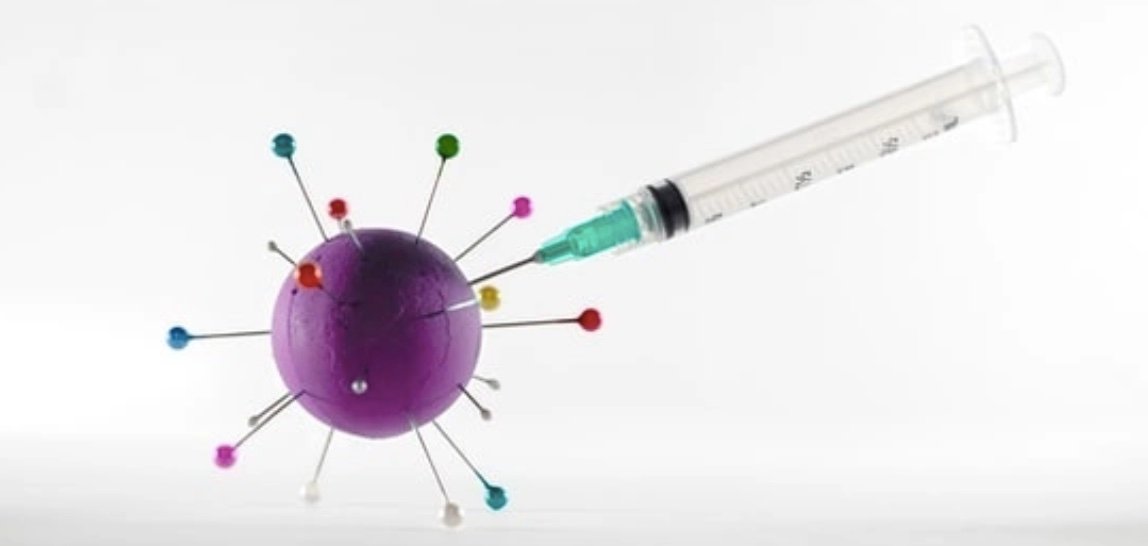Fertility struggles with COVID-19
August 13, 2021 | Friday | Views | By Prabhat Prakash
There is presence of various SARS-CoV-2 entry receptors in the male and female reproductive organs: Study
Source: Crysta IVF
With ongoing studies and research there is enough evidence that COVID-19 does have an impact on male and female fertility, especially those patients with co-morbidities. The damage, whether permanent or temporary, cannot be ascertained as the studies are still ongoing. According to a study published by researchers at the Postgraduate Institute of Medical Education and Research, Chandigarh, there is presence of various SARS-CoV-2 entry receptors in the male and female reproductive organs.
The angiotensin-converting enzyme 2 (ACE2) enzyme, which has been established as the functional host receptor for severe acute respiratory syndrome coronavirus 2 (SARS-CoV-2), the virus responsible for the current devastating worldwide pandemic of coronavirus disease, is widely expressed in ovaries, uterus, vagina and placenta. ACE2 has also been shown to play a role in spermatogenesis.
Fertility being a major concern for people who want to have children, Crysta IVF with centres across 18+ cities in India has been conducting a longitudinal study on male/female fertility on participants who have recovered from COVID-19.
Dr Rakesh Maurya, Senior Reproductive Health Strategist, Crysta IVF, said, “In females there is no specific answer, as basic infertility is linked to failure to implant the embryo. Embryo implantation is a long process and it takes time to study those aspects. Hence, that is why there are no studies till date. I feel that it is going to affect embryo implantation which is a very complex process. We will be studying that to see how COVID-19 has impacted female infertility.”
According to another study being conducted by Crysta, semen volume is being impacted, motility of the sperm has been affected and the sperm count has gone down. There are inflammation markers in the testes, which leads to cell death and this is a very tricky condition. There is an ongoing longitudinal study to find out if this condition reverses in the next six months or not.
Such studies once widely conducted can provide deeper insights into female & male fertility and whether the damage is temporary or permanent and how it can be overcome for people wanting to have children in the post COVID-19 world.
prabhat.prakash@mmactiv.com










